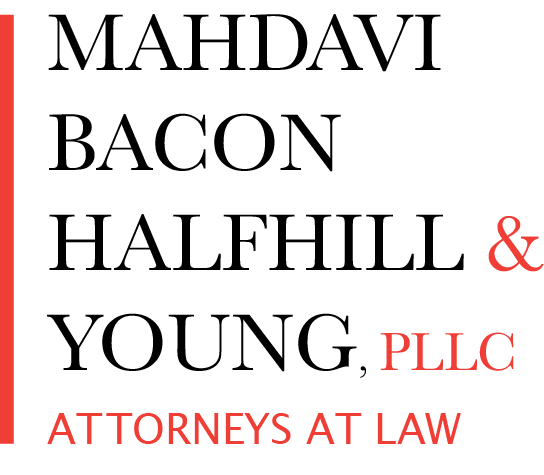For the last two decades, dealer doc fees and processing fees have been hot button issues for plaintiff lawyers seeking to sue dealers. As recently as a month ago, the Supreme Court of Arkansas issued a decision that a dealer who is paid doc fees for filling in forms is engaged in the unauthorized practice of law.
Most states are not in expansive as the definition of the practice of law as Arkansas, and it is unlikely that the unauthorized practice of law ruling will extend to many other states. However, the Arkansas case is likely to continue to bring scrutiny to doc fees and processing fees.
Many states have taken the step of specifically permitting these fees. If you are in a state which specifically permits doc fees or processing fees, and you decide to charge a fee in your individual discretion, then you must carefully follow your state law.
- Charge Only State Permitted Processing Fees. A dealership should only charge the doc fee or processing fee allowed under state law. The charge should be in accordance with state law. Understand the requirements of state law and follow them carefully.
- No Exotic Fees. Dealers often assume that they can get away with charging other fees if they are sufficiently ingeniously labeled. Often this belief results from discussions with dealers in other states who have gotten away with charging inspection fees, environmental maintenance fees, and the like. Other fees such as a document preparation fee, a customer records initiation fee, a warranty registration fee, etc. should not be charged by a dealership in connection with the sale of a vehicle.
- Electronic Registration Fees. Some states allow dealers to separately pass along the cost of electronic processing of tag work. If you are permitted to do that in your state, then you must follow the law carefully.
- Be Especially Careful That Tag and Title Fees are Exact. While it is sometimes difficult to pinpoint the exact fees that will be charged, that effort should be made with each transaction. In addition, there should be a policy at the dealership to refund amounts for tax and title fees collected in excess of those paid to governmental authorities.
- Be Careful on Amounts Paid to Others. Make sure that the amounts charged to buyers to be paid to others, such as payoffs on trades, are in fact properly paid to the party owed the funds. If the dealership collects an overage, there should be a refund.
Litigation over fees and excess charges in connection with vehicle sales have been a staple of plaintiff lawyers over the years. Dealerships should be aware of this and should be taking steps to be sure that they do not put themselves into the plaintiff lawyers’ range of vision.
*This article is for educational purposes, and it is not to be considered legal advice. Feel free to contact Mahdavi, Bacon, Halfhill & Young, PLLC at www.mbhylaw.com or at (703) 420-7620 if you have questions.

